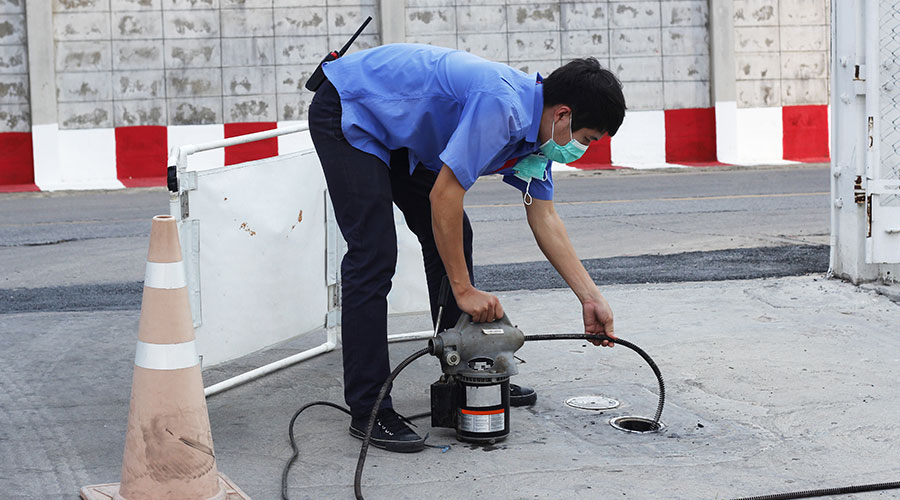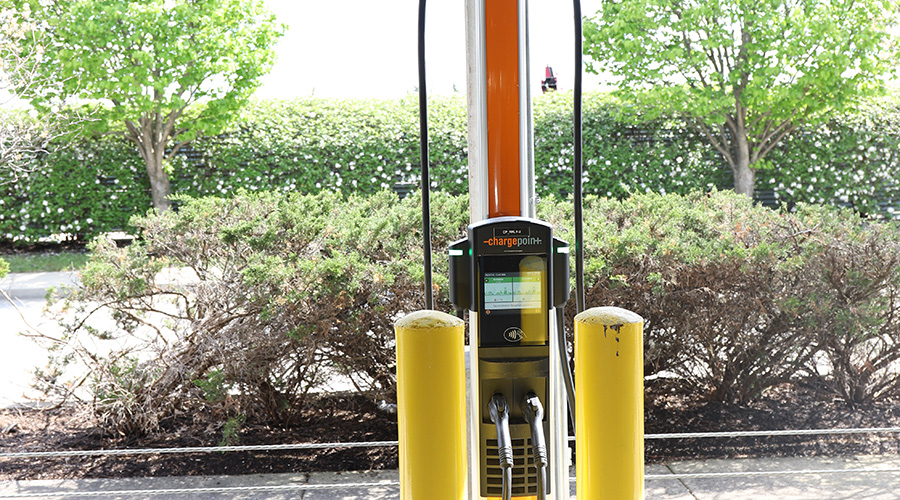Facility Managers and Property Managers Are Not Immune To Employee Fraud
Fraud.
The word is in the headlines daily, conjuring visions of Enron, AIG, Bernie Madoff, or “Wall Street Greed.” Images of disgraced former executives in handcuffs and shackles doing the “perp walk” regularly flood the Internet and television.
Facility managers who think they don't have to worry about fraud should think again. Consider the following real-life scenarios, all of which have occurred:
— Over a period of several years, a long-time property manager deposits hundreds of thousands of dollars of tenant rental payments into a personal bank account and manipulates rent rolls and tenant receivable records to disguise the thefts.
— The “preferred contractor” for tenant finish construction secretly funnels kickbacks to the building supervisor overseeing and approving the tenant finish work.
— Cash disbursements charged to building operations are, in fact, payments to fictitious vendors that not only provided no goods or services, but also happen to be relatives or business associates of the accounting manager.
— A property accountant makes multiple unauthorized transfers to drain the balance of a tax escrow reserve account. The scheme is discovered only when a six-figure check paid to a taxing authority bounces and a representative of the taxing authority, accompanied by law enforcement officers, arrives at the personal residence of the company’s principal officer with questions about why his signature appears on such a large “hot check.”
As these brief examples demonstrate, facility managers are far from immune to the risk of employee fraud.
Average Fraud Cost Thousands, Goes Undetected For Years
A recent study by the Association of Certified Fraud Examiners, their 2008 Report to the Nation on Occupational Fraud & Abuse, concluded that the overall cost of employee fraud to U.S. businesses and other organizations may be as much as seven percent of their annual revenues. The median dollar amount of reported employee frauds studied in the report was $175,000, and one-quarter of the frauds involved losses of at least $1 million. Importantly, the typical fraud included in the study went undetected for approximately two years.
Facility managers might assume that they are exempt from such worries. Facility staff, after all, is known for staying years, decades even, with the same company. FM employees know their systems backwards and forwards, and some are so dedicated to their work that they rarely even take a vacation day.
But this study also indicates the median costs of employee fraud increase with the age of the perpetrator, with the highest losses resulting from employees aged 51 to 60 — a demographic which matches a large segment of the FM workforce. Why does the potential for fraud increase with age? One possible reason is due to their higher levels of responsibility and their increased understanding of all aspects of the business organization. Finally, the inability or unwillingness of an employee to take vacation was cited as a common behavioral red flag in relation to a fraud scheme.
Related Topics:













